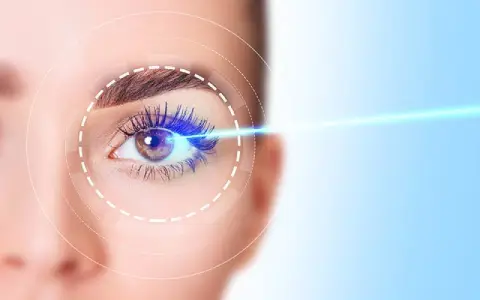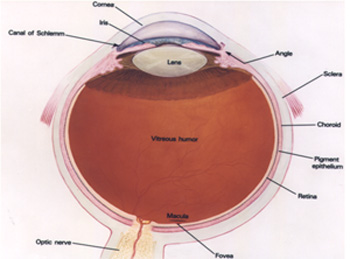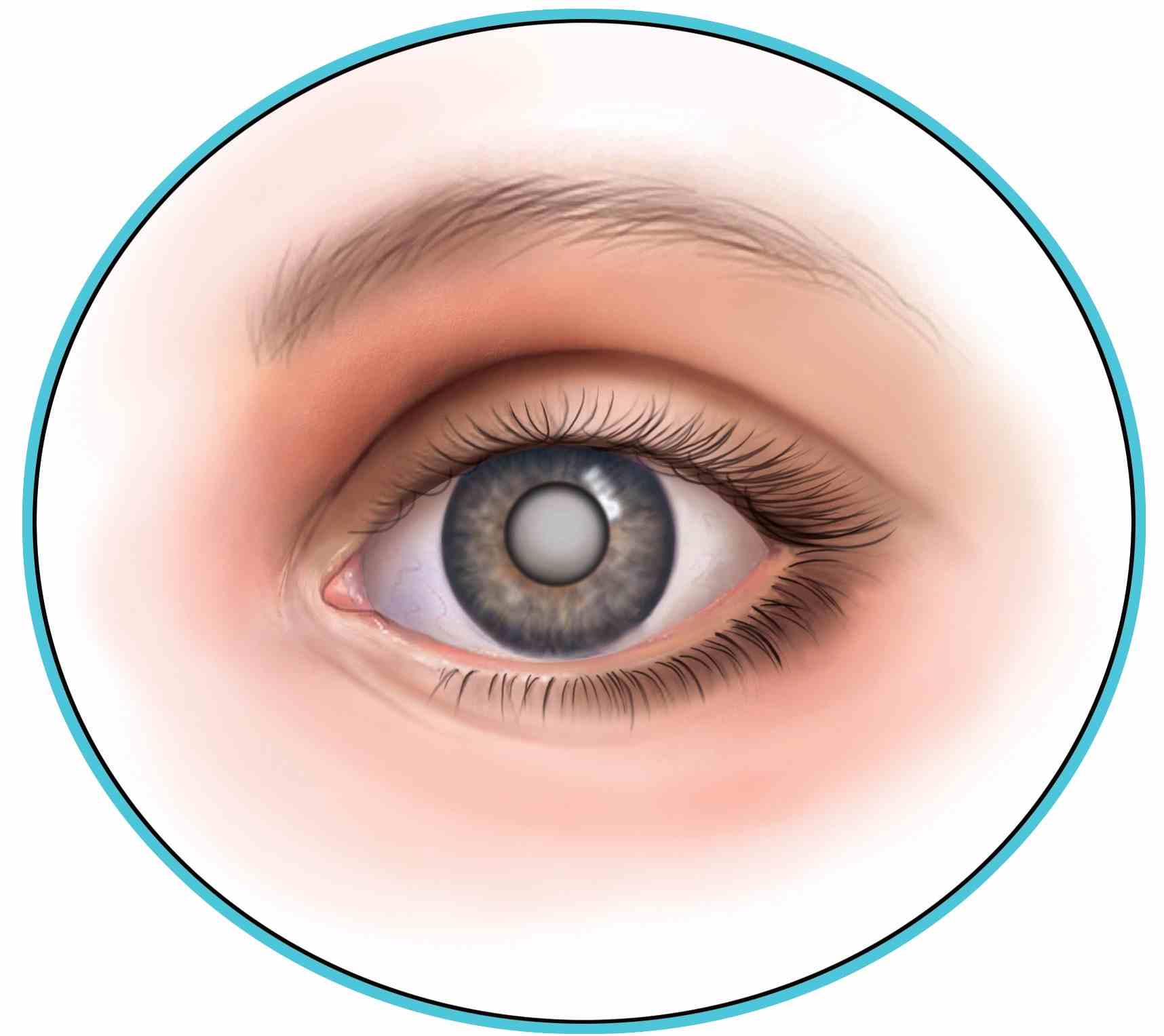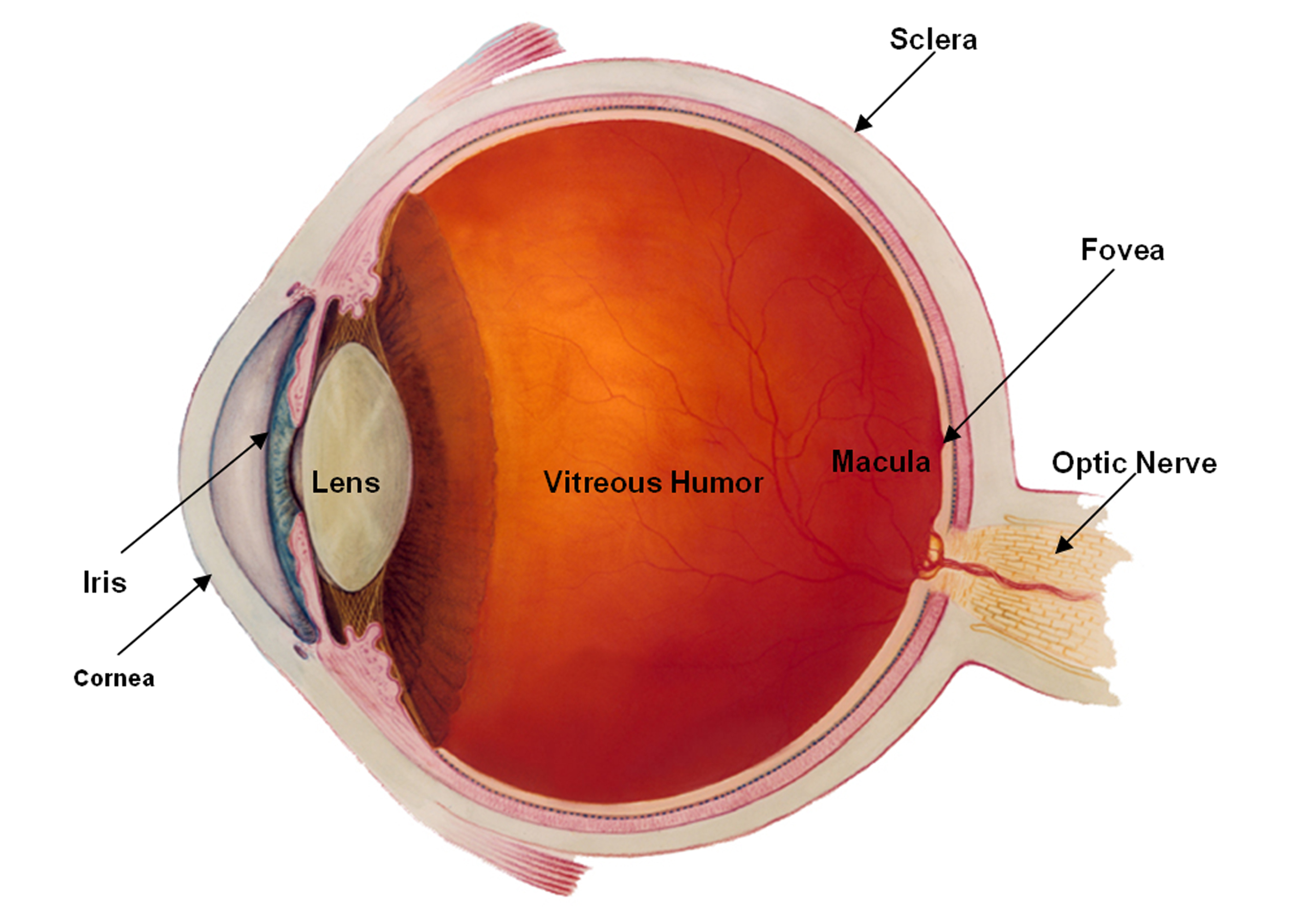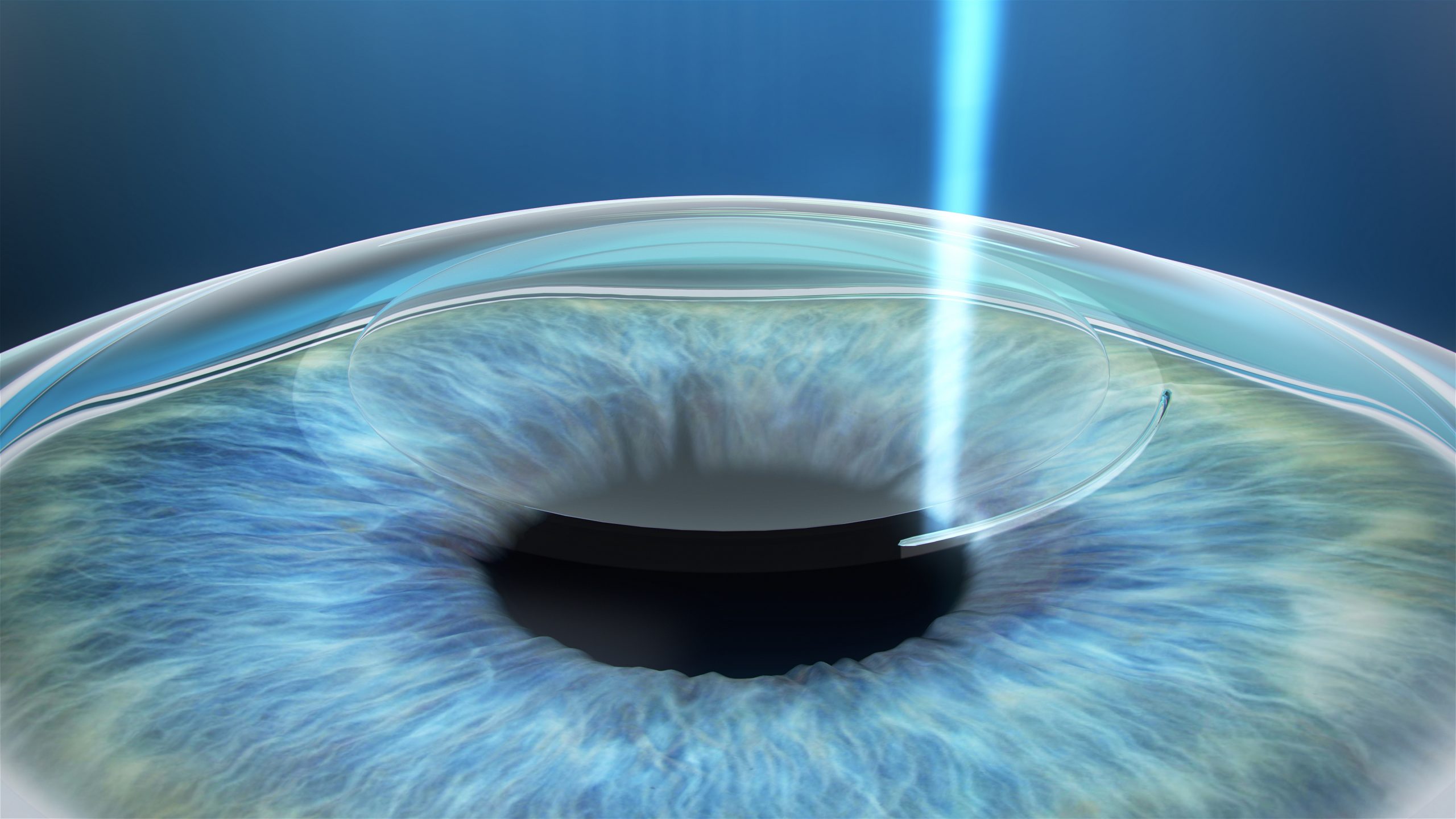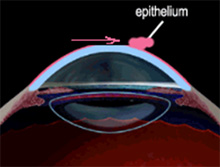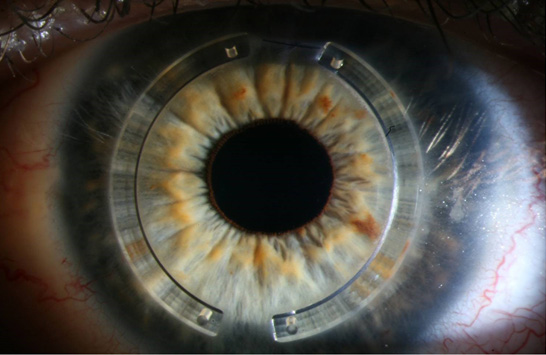Why are my teeth sensitive ..?
Tooth sensitivity is caused by the stimulation of cells within tiny tubes located in the dentin (the layer of tissue found beneath the hard enamel that contains the inner pulp).
When the hard enamel is worn down or gums have receded-causing the tiny tube surfaces to be exposed-pain can be caused by eating or drinking food and beverages that are hot or cold; touching your teeth; or exposing them to cold air.
Hot and cold temperature changes cause your teeth to expand and contract. Over time, your teeth can develop microscopic cracks that allow these sensations to seep through to the nerves.
Exposed areas of the tooth can cause pain and even affect or change your eating, drinking and breathing habits. Taking a spoonful of ice cream, for example, can be a painful experience for people with sensitive teeth.
Is tooth sensitivity a common condition?
Sensitive teeth is one of the most common complaints among dental patients. At least 45 million adults in the United States and 5 million Canadians, suffer at some time from sensitive teeth.
How can I avoid sensitivity?
Some toothpastes contain abrasive ingredients that may be too harsh for people who have sensitive teeth. Ingredients found in some whitening toothpastes that lighten and/or remove certain stains from enamel, and sodium pyrophosphate, the key ingredient in tartar-control toothpastes may increase tooth sensitivity.
What can I do about sensitive teeth?
Tooth sensitivity can be reduced by using a desensitizing toothpaste, applying sealants and other desensitizing ionization and filling materials including fluoride by your dentist, and decreasing the intake of acid-containing foods. Tartar control toothpastes will sometimes cause teeth to be sensitive as well as drinking diet soft drinks throughout the day.
Avoid using hard bristled toothbrushes and brushing your teeth too hard, which can wear down the tooth’s root surface and expose sensitive spots. The way to find out if you’re brushing your teeth too hard is to take a good look at your toothbrush. If the bristles are pointing in multiple directions, you’re brushing too hard.
How do I know when it’s time to see a dentist?
If a tooth is highly sensitive for more than three or four days, and reacts to hot and cold temperatures, it’s best to get a diagnostic evaluation from your dentist to determine the extent of the problem.
Before taking the situation into your own hands, an accurate diagnosis of tooth sensitivity is essential for effective treatment to eliminate pain. Because pain symptoms can be similar, some people might think that a tooth is sensitive, when instead, they actually have a cavity or abscess that’s not yet visible.
How do I describe my symptoms to my dentist?
Sensitivity may be defined as a short sharp pain, which is usually initiated by hot or cold foods or exposure to cold air. Aching often follows. Because sensitivity may mean different things to a patient and dental professional, be sure to clarify exactly what you feel when you discuss the condition with your dentist.
Be sure to tell the dentist when the pain started and if there is anything, such as the application of a warm compress, that helps eliminate the pain.
Do some products work to help decrease sensitivity?
Toothpastes for sensitive teeth usually contain a desensitizing agent that protects the exposed dentin by blocking the tubes in the teeth that are connected to nerves. In most cases, these products must be used on a regular basis for at least a month before any therapeutic benefits may be noticed.
What can the dentist do for my sensitive teeth?
Dentists have a variety of regimens to manage tooth hypersensitivity, including both in-office treatments and patient-applied products for home use. If you are diagnosed with dentin hypersensitivity, your dentist may apply a desensitizing agent or a protective coating. You may be prescribed a stannous fluoride gel or an over-the-counter desensitizing toothpaste containing fluoride and either potassium nitrate or strontium chloride. These ingredients help block transmission of sensation from the tooth to the nerve. It also might help to massage the special paste onto your gums with your finger after brushing.

